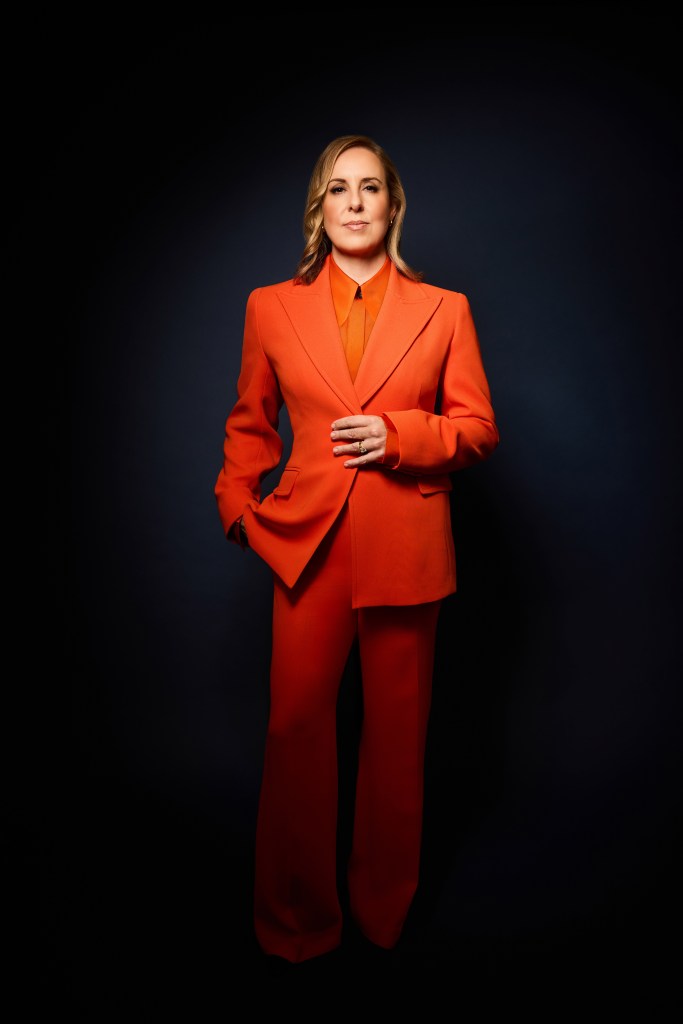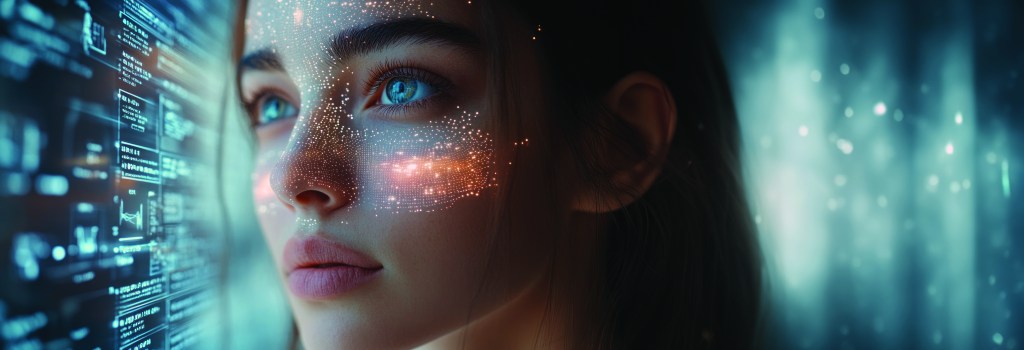How MoleMap’s life-saving algorithm is reinventing skin cancer care
Michelle Aquilina is transforming MoleMap Australia & New Zealand into a pioneering force in melanoma detection. Combining strong purpose with technology-enabled scalability, she’s revolutionising healthcare while empowering her people to save more lives.
BRANDVOICE – SPECIAL FEATURE

Every six hours in Australia, someone dies from melanoma.
Michelle Aquilina and her network of MoleMap nurses are on a mission to stop that. They’re spreading across Australia, going anywhere the sun touches, to take images of lesions that are then sent to dermatologists for diagnosis.
Part solution to Australia’s doctor shortage, part scalable business model, these specially trained registered nurses, known as melanographers, will soon have a powerful ally in their life-saving work.
A first-of-its-kind innovation called Kāhu AI.
Named after the Māori word for ‘guardian’ or ‘protector’, Kāhu AI is proprietary technology that integrates artificial intelligence into MoleMap’s extensive cloud-enabled database of skin cancer images to help melanographers identify suspicious lesions.
“We’re the only health-tech player in the skin cancer sector that’s built a proprietary AI algorithm and operationalised it across the business.”
Michelle Aquilina
MoleMap’s New Zealand melanographers are already using the technology. It is expected to be rolled out in Australia next year, following further clinical trials with the University of Melbourne.
With 95.8% sensitivity, meaning it rarely misses a cancer, and 71.5% specificity, meaning it rarely mistakes a benign mole for something dangerous, it represents a paradigm shift in detecting one of the most preventable but deadly diseases of our time.
When Michelle became CEO in 2021, Kāhu AI was little more than a hidden gem buried in the back office.
“In 2015, MoleMap had created this brilliant algorithm, this golden nugget, but no one was putting it to work,” she says.
She immediately saw the life-saving potential of using AI to help clinicians detect skin cancer. Still, she knew it would require bravery and strong leadership to challenge the status quo in traditionally conservative healthcare.
“We’re the only health-tech player in the skin cancer sector that’s built a proprietary AI algorithm and operationalised it across the business,” she explains.
“Now, that is easier said than done because there are so many elements to introduce AI ethically and responsibly.”
As with all brave and bold decisions she makes as CEO of a company trying to drive real change, Michelle approached this with strategic discipline. She created a governance committee that still exists today to measure and address potential risks carefully.
“I’m a very analytical person,” she says.
“I need to ensure that my i’s are dotted and my t’s are crossed before anything is implemented.”
When she joined MoleMap, the COVID-19 pandemic was at its height. She describes an organisation that lacked commercial cohesion, clarity and direction.
She also saw an opportunity. “I thrive on strategic turnaround, it’s what I love and do best,” she says.
The first thing she did was listen to her people. She visited the frontline and witnessed how saving lives gave them drive and purpose.
Having grown up in a family of healthcare professionals and starting her own career in the industry as a frontline receptionist, she understood their motivation instinctively.
“I have a very strong moral compass where I like to lead with purpose and know that I’m doing something for the greater good,” Michelle says.

She developed a business strategy with a core mission of saving lives – purpose as a growth engine.
MoleMap has become a true market standout, an innovative business model that’s only strengthening.
The company uses a nurse-led, technology-enabled model to see as many patients as possible, even in the most remote parts of the country. The goal is for anyone, regardless of location or circumstance, to have access to life-saving care.
“It means that we don’t need a lot of specialist dermatologists in our network to be able to service hundreds of thousands of Australians and New Zealanders,” Michelle explains.
In New Zealand, Michelle says MoleMap is delivering strong double-digit growth, expanding at a CAGR of 25% over three years.
In Australia, she says the company has tripled its patient numbers this year and expanded its clinical network by over 30%. Revenue has climbed more than 96% during her tenure, and she projects this to increase as awareness grows.
True to the company’s purpose-embedded strategy, social impact through accessibility and inclusivity is core to its goal. The technology-enabled business model has the potential to make this possible at scale.
In practice, it means that a nurse in remote Victoria who recently drove to an indigenous community that otherwise couldn’t access skin checks and within two days, she had serviced over 500 people with one camera, while dermatologists diagnosed patients remotely.
Strategic partnerships, such as with the Australian Skin Cancer Foundation, Pierre Fabre Australia and Life Saving Australia, have also helped the company extend its reach to rural and regional areas.
“I believe that access shouldn’t depend on where you live or your income or your ability to take time off to get a skin check,” Michelle says.
All the while, her quest for innovation hasn’t slowed.
For its latest innovation, MoleMap is working on at-home diagnostic support. This means you might soon be able to send a photo of a concerning spot to MoleMap for diagnosis.
“My mission is to ensure that we are continuing to innovate and truly pushing the boundaries within a governance structure to ensure that we are meeting everyone’s needs, whether they’re at home in their lounge room or on a farm in the remotest of areas of Australia and New Zealand,” Michelle says.
She hopes this courage to ‘change the how we care for patients’ will inspire other healthcare leaders to invest in solutions that address global healthcare challenges.
“What technology and AI will enable us to do is identify the earliest stages of skin cancer and melanoma, where it is no longer killing people, because when it is caught early, it’s curable 90% of the time,’ she says.
At the same time, she believes AI will never fully replace the human element of healthcare, particularly the empathy that is fundamental to delivering good patient outcomes.
“I love our nurse-led model of care. They’re number one,” she says.
To learn more, head to molemap.net.au